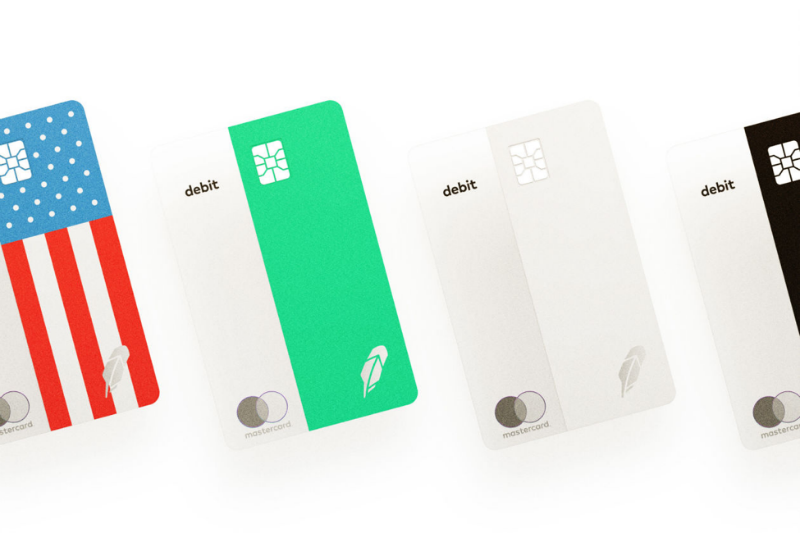Fintech startup Robinhood could not launch analog bank accounts

Image: Robinhood
December 13, 2018 fintech-start-up Robinhood, which develops an application for trading on American exchanges without a commission, announced the launch of its own savings accounts. The statement of the company indicated that users will be able to receive income on the deposit of about 3% - despite the fact that in the United States the maximum income on deposits does not exceed 2%. Also deposits of up to $ 250 thousand should have been insured.
')
However, the announcement of the new service caused a serious scandal, and it had to be curtailed the very next day.
What happened
Robinhood users should have been able to use accounts that are completely analogous to banking. With the possibility of receiving interest, as well as plastic cards, from which you can withdraw money at any ATM without fees.
In addition, according to the Robinhood statement, user deposits up to $ 250 thousand should have been insured by the non-profit organization SIPC (Securities Investor Protection Corporation). However, it turned out that the organization does not plan to cooperate with a startup. SIPC CEO Stephen Harbeck told this in an interview with Barron's:
“SIPC protects money that is placed on brokerage accounts for the sole purpose of buying stocks. Funds that are not intended for this purpose will not be protected. ”
Moreover, he sent a request for the legality of providing such a service to a start-up unit in the appropriate SEC unit. According to the rules, only licensed banks can open savings accounts (checking accounts) and checking accounts (checking accounts), but the Robinhood offer was called “checking and saving account” - theoretically, this could help bypass the restrictions. But that did not happen.
Effects
The announcement of the new service was published on Thursday, and on Friday the information about it was deleted. A post appeared in the Robinhood blog in which the company's founders, Baiju Bhatt and Vlad Tenev (Vlad Tenev), stated that previous publications "could have caused some misunderstanding."
Bhatt and Tenev wrote that they plan to seriously rework marketing materials services, as well as aim at "working closely with regulators." Instead of checking and savings accounts, Robinhood now writes about the future launch of the cash management function.
An estimated $ 5.6 billion startup Robinhood recently faced a number of scandals. In addition to the hype caused by the announcement of a bank account analogue, the company was accused of selling data on exchange orders of users to various brokers, which could adversely affect the speed of execution of orders.
Other materials on finance and stock market from ITI Capital :
- Western securities analysis tool
- Analytics and market reviews
- Purchase of shares of American companies from Russia
- Huawei overtook Apple in terms of sales. The capitalization of the American company still reached $ 1 trillion
- Analysts: Microsoft's capitalization could reach $ 1 trillion
- Mass media: large-scale cyber attacks accelerated the growth of capitalization of information security companies
- Bloomberg: Hedge Funds Recognize Brexit Results Before Others And Earn Billions
Source: https://habr.com/ru/post/434804/
All Articles